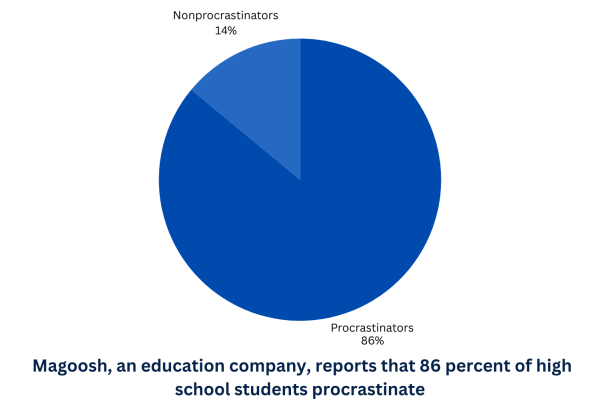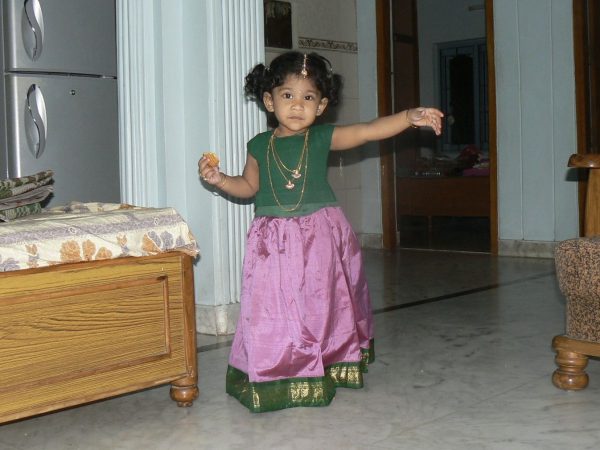“Joker”: No laughing matter
Joaquin Phoenix plays a violence prone, mentally imbalanced Joker
Author’s Note: This movie may be extremely triggering to some people, as it contains extreme violence, unsettling depictions of mental illness and other potentially troubling themes. Strong content warning for the film. The FBI and the Department of Homeland Security warned law enforcement that a number of threats were posted online calling for violence at showings of the movie. Some of the threats referenced the 2012 Aurora, Colorado, shooting, which took place during a premier of another Batman film, “The Dark Knight Rises.” (It is important to note that the shooter didn’t pick that film because it was a Batman film but rather because it was expected to draw a large crowd.)
Authorities said that some of the threats could use this shooting as inspiration. Many of these threats stemmed from the “involuntary celibate” or “incel” community. Incels, as a group, believe that social and political movements have caused them to be denied sexual attention. Incels have been responsible for the deaths of at least 27 people since 2014 in the United States and Canada, according to the FBI. Movie theaters and police have been on heightened guard, placing tighter restrictions on those going to see the movie. Be judicious and careful when viewing this film.
“The Joker,” starring Joaquin Phoenix, is a grisly and deeply disturbing film. It is both thought-provoking and lacking any substantial commentary of its own. The film itself is brilliant: Joaquin Phoenix’s acting, the score, the production design and framing are all amazing. However, the film fails to deliver on its commentary and thematic elements.
The movie tells the story about a disenfranchised man, Arthur Fleck, with a medical condition that makes him burst into uncontrollable laughter even when it doesn’t match the situation. Arthur, an emotionally damaged man, pursues a career as a standup comic in a politically tense and physically disgusting Gotham City. Due to the fact that Arthur can’t maintain his composure and tells extremely disturbing jokes, he fares poorly and resorts to working a side job as a party clown.
Despite his mental condition, one of Arthur’s co-workers gives him a gun in order to defend himself. When harassed and assaulted by three wealthy subway riders, Arthur lashes out and kills them all. The lower class of Gotham, which has been hit heavily by a job crisis and the grim conditions of the city, praise the killings, believing them to have been motivated by an anti-elite sentiment.
The mystery around the incident grows, and many in the city use the clown face makeup that Arthur wore when he killed the men as a symbol to protest and rebel against both the inequality they face and elitist mayoral candidate Thomas Wayne. The movie weaves this in to tell a story of a brewing class war, holding up a mirror to today’s political climate. Through a series of deeply troubling events, including revelations about his relationship with his mother and a public humiliation by his hero, Arthur develops a seething hatred for the wealthy. As Arthur engages in more and more violence, like murdering his co-worker and his own mother, so does the city; this widespread violence and rioting were prompted by actions Arthur took on live television during the climax of the film.
The movie’s presentation is astounding. Phoenix’s brilliantly deranged performance, highlighted by a grimy atmospheric take on Gotham, gives a new edge to the Batman universe. The entire movie is filmed in such a way that every interaction, every sideways glance, is gut-wrenchingly uncomfortable. The constant laughing and inappropriate reactions from Arthur combined with a camera that never seems to find a comfortable spot to rest paints a world that feels uncomfortable in its own skin. Cinematographer Lawrence Sher highlights a city and society in decay.
Despite its outward appearances, “Joker” fails to deliver on its commentary and themes. At some points in the film, the condition that Arthur suffers from is a real medical condition, while at other times it’s presented as an ineffable thing that shrouds society and people like a sort of poison gas, seeping into all interactions. The movie seems scared to follow through on its commentary. The plot regarding inequality and class conflict never turns into a successful critique of any root causes and seems content to just point and say “well, isn’t that messed up?” The film has nothing to add to the amazing depiction of a city in decay nor to the madness that feels so overwhelming throughout the film thanks to composer Hildur Guðnadóttir’s phenomenal score.
This lack of thoughtful commentary creates a film so enthralled with the boldness it thinks it has, but it’s really just scene after scene of gut-wrenching violence. “Joker” is thought-provoking, to be sure, but it deserves none of the credit for commenting on the concepts it brings up. The film really is a good joke without a punchline.












What are you talking about • Oct 8, 2019 at 2:55 am
I strongly disagree with your opinion. You mention that the story doesn’t evolve and show the city as a whole. It was never supposed to. Unlike many movies in the past decade, “Joker” is not allowing Gotham to become a character. Joker, himself, is not focused on the city nor the people. He is egotistical human that only cares for himself. That being said, a Joker movie should and does only star Joker as a character and no one else.
Regarding violence, if violence disturbs you don’t bother looking outside in the world. This world is surrounded in violence and you are being immature by reacting negative to the violence in this movie. Violence makes people into who they are like the Joker.
From my understanding, you do not understand the art of showing not telling.